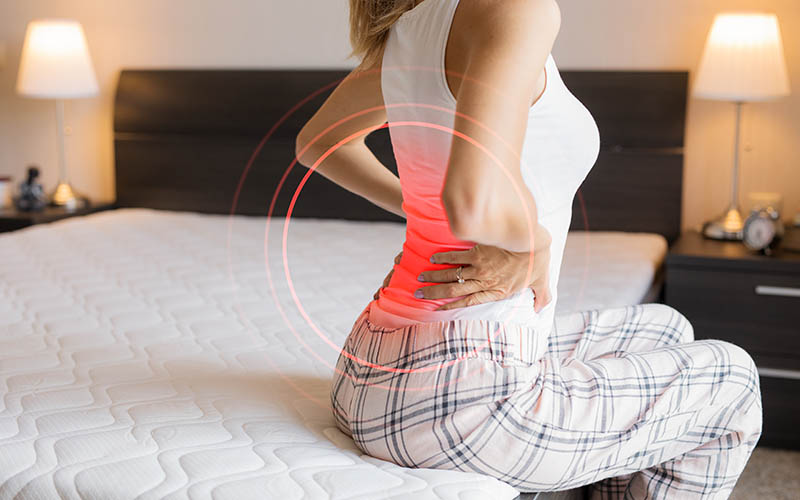Comprehensive Healthcare for All Stages of Menopause
Perimenopause and menopause can influence every system in the body – from hormones and heart to bones, brain and pelvic health. These are the key health priorities and evidence-based care options so you can make informed decisions and thrive through midlife and beyond.
Hormonal health
Changing levels of oestrogen and progesterone can lead to hot flushes, night sweats, sleep disruption, mood changes, brain fog and cycle changes. Hormones also influence bone density, cholesterol, and vaginal and bladder tissues.
Care may include lifestyle measures, symptom tracking, and considering treatment options such as Menopausal Hormone Therapy (MHT/HRT) or non-hormonal therapies, chosen to match your health profile and preferences.
Bone health & osteoporosis prevention
Bone loss accelerates after menopause, increasing the risk of osteoporosis and fractures. A proactive plan typically includes:
- Baseline and follow-up bone density scans (DEXA) as advised
- Adequate calcium and vitamin D intake
- Regular strength/resistance training and balance work
- Addressing smoking, alcohol and low activity levels
Learn more at Healthy Bones Australia

Heart & metabolic health
After menopause, the risk of cardiovascular disease rises as cholesterol, blood pressure and body composition can change.
Midlife weight gain (especially around the abdomen) may also increase the risk of insulin resistance and type 2 diabetes.
Recommended care includes regular heart-health checks, blood tests (lipids, glucose), blood pressure monitoring,
movement and nutrition strategies, and smoking/alcohol risk reduction.
See the Heart Foundation’s guidance for women: Women’s heart health
Mental & cognitive health
Fluctuating hormones can contribute to anxiety, low mood, irritability, reduced motivation, and cognitive symptoms such as ‘brain fog’. Good care includes screening for mood and sleep issues, psychological supports, sleep hygiene, stress-management, and, where appropriate, medical therapies.
Urogenital & sexual health
Genitourinary symptoms of menopause (GSM), including vaginal dryness, discomfort with sex, recurrent UTIs and urinary urgency, are common and treatable. Local vaginal oestrogen, moisturisers and lubricants, pelvic floor physiotherapy and sexual health support can significantly improve comfort and quality of life.
Read more at Jean Hailes: Managing menopause symptoms
and Vaginal (vulvovaginal) atrophy.
Screening & prevention
Menopause care isn’t only about symptom relief—it’s also about staying up to date with preventive health:
- Breast checks and mammography as recommended
- Cervical Screening Test (per the National Cervical Screening Program)
- Bowel cancer screening (if eligible)
- Skin checks, blood pressure, cholesterol and diabetes risk assessments
NSW Health provides information and service links for menopause and midlife health:
NSW Health – Menopause
A holistic approach to care
The most effective plans combine lifestyle, medical and supportive therapies. Core pillars include:
- Movement: a mix of strength training, aerobic activity and mobility/balance work
- Nutrition: protein for muscle and satiety, calcium-rich foods, fibre-rich whole foods, and adequate hydration
- Sleep: consistent routines and behavioural strategies to support restorative sleep
- Stress: tailored stress-management (e.g., CBT strategies, mindfulness, pacing)
- Alcohol & smoking: reduce alcohol; seek support to quit smoking or vaping
- Follow-up: review your plan and adjust as needs evolve across peri- and post-menopause
Trusted Australian resources
Next steps
Disclaimer: This information is general in nature and does not replace personalised medical advice. Please speak with a qualified health professional about your situation.



